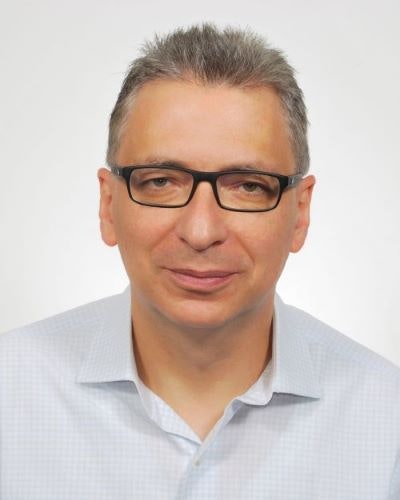THE QUANTMINDS HACKATHON
Compete in the annual QuantMinds Hackathon.
Theme of 2024: LLMs in Finance
Monday 18 November 2024
In partnership with

2024 event partner
APPLY YOUR SKILLS TO REAL-WORLD PROBLEMS
No coding skills required.
Who's it for?
Open to all industry professionals, academics, and students.
Team or individual entries are accepted (one entry per individual).
Participants will have the option to use prompt engineering without coding, or submit their Python code via GitHub.
Why should I join?
The hackathon is a chance to demonstrate and hone your skills and learn new modelling techniques.
Your solution may have a tangible impact on the financial industry and could become a hot topic at the next QuantMinds conference.
What's the prize?
Awards will be announced for each of the four categories, with a second set of prizes for the best student participant or team in each category (post-graduate programs included).
The overall grand prize and overall student grand prize will be awarded based on the top score relative to the category average.

Hackathon Leader Alexander Sokol
Alexander Sokol is the founder, Executive Chairman, and Head of Quant Research at CompatibL, a trading and risk technology company. He is also the co-founder of Numerix, where he served as CTO from 1996 to 2003.
In 2018, Alexander won the Quant of the Year Award together with Leif Andersen and Michael Pykhtin for their joint work revealing the true scale of the settlement gap risk that remains even in the presence of initial margin. Alexander’s other notable research contributions include systemic wrong-way risk (with Michael Pykhtin, Risk Magazine), joint measure models and the local price of risk (with John Hull and Alan White, Risk Magazine), the mean reversion skew (Risk Books), Autoencoder Market Models (SSRN), and over 50 other publications in theoretical physics and quantitative finance.
Alexander entered college at the age of 14 and earned a Ph.D. in Theoretical Physics at the age of 22. He was the winner of the USSR Academy of Sciences Medal for Best Student Research of the Year in 1988.
Notes
*While there is no requirement to publish the competition entries, confidential treatment of code and prompts is not practical in a competition setting. For this reason, eligible competition entries must be submitted under an open-source license.
